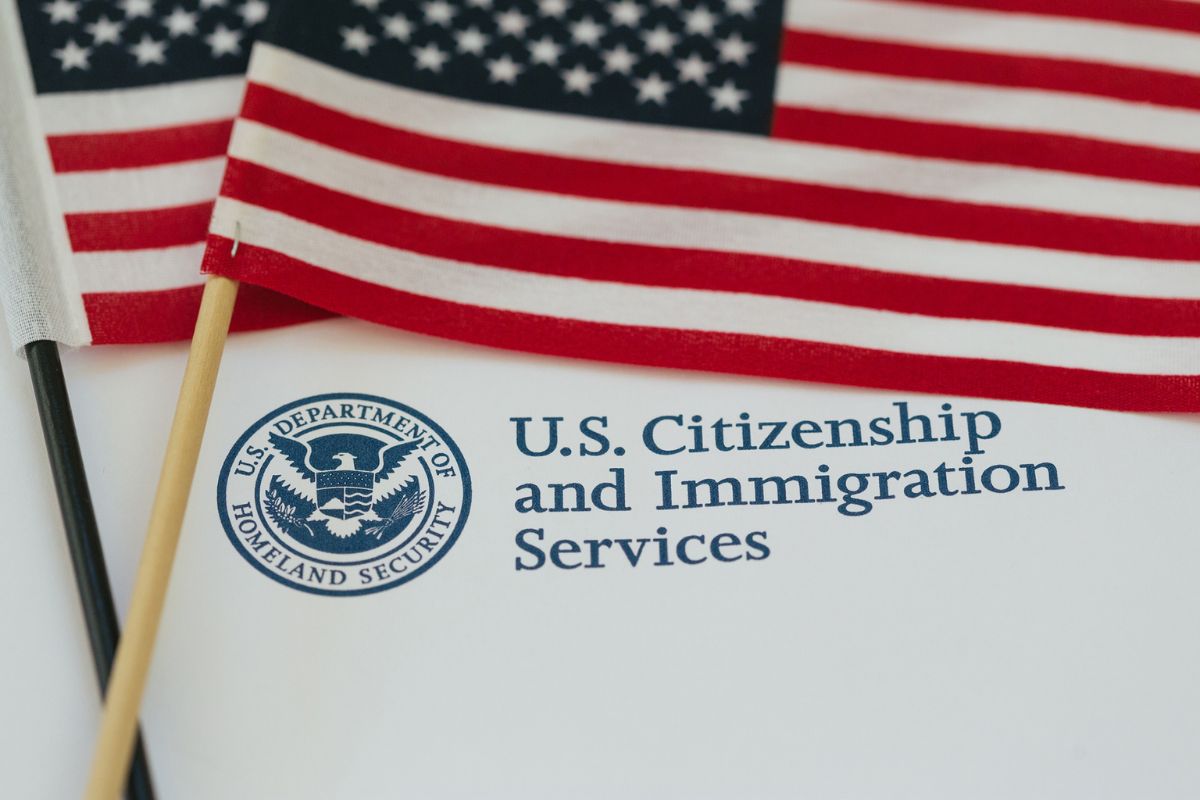The U.S. Citizenship and Immigration Services (USCIS) just rolled out new policy guidance that could change how family-based green card petitions are reviewed, flagged, and processed. If you’re sponsoring a relative for U.S. permanent residency or planning to, this update is worth your full attention.
Stronger Screening for Family-Based Immigrant Visas
The new guidance, published in the USCIS Policy Manual, clarifies how officers assess family-based immigrant visa petitions. It’s aimed at improving the agency’s ability to screen applications more effectively and detect fraud or misrepresentation before a green card is granted.
The focus is simple: verify that family relationships are real, legal, and meet all the requirements set under U.S. immigration law.
Key Updates You Should Know
USCIS policy guidance now clearly outlines how family-based green card petitions are reviewed. Here are the key points:
1. Clear Eligibility Rules
The USCIS guidance consolidates existing rules on who qualifies and what paperwork is needed, making it easier for petitioners and applicants to understand the basics.
2. Handling Multiple or Related Petitions
Officers now have more explicit instructions on how to assess petitions filed alongside others, like when one sponsor files for multiple relatives or when multiple sponsors file for the same beneficiary.
3. Direct Filing Abroad Expanded
U.S. citizens stationed overseas, especially military personnel or government workers, can file Form I-130 directly at certain consular posts. This can also apply during major emergencies or crises, such as wars or natural disasters.
4. Visa Routing Clarified
The USCIS also explains when and how approved petitions are sent to the State Department’s National Visa Center. If a green card applicant is found ineligible to adjust status within the U.S., the petition might be rerouted for consular processing abroad.
5. Interview Requirements Made Clearer
USCIS clarified when interviews are mandatory for family-based immigrant petitions, making the process more transparent for applicants.
6. Warning on Deportation Risks
Importantly, USCIS notes that just filing or having a petition approved doesn’t protect someone from being deported. If the person doesn’t have lawful status and is removable, USCIS may issue a Notice to Appear in immigration court.
What This Means for Visa Applicants
For anyone navigating family-based immigration processes, this guidance raises the bar on documentation and vetting. The USCIS is signalling that it will look deeper into the legitimacy of relationships and petitions. This could mean longer wait times in some cases, more thorough interviews, and the potential for increased scrutiny.
When Does This Take Effect?
This policy takes effect immediately. It applies to both new and pending family-based green card petitions. Whether you’re filing today or your case is already in progress, the new rules are in play.
Final Thoughts
If you’re planning to bring a relative to the U.S. on a family-based visa, now’s the time to double-check everything, from relationship proof to current immigration status. The new guidance doesn’t change the law, but it tightens how USCIS applies it.
And with the focus now on stronger vetting and fraud detection, submitting a clean, well-documented, and truthful petition matters more than ever.
To get daily travel news & updates, follow us on Facebook, X (Twitter), LinkedIn, Instagram, or Threads.
